In 2019, Congresswoman Yvette Clarke (D-NY) introduced with her colleagues, U.S. Senators Ron Wyden (D-OR) and Cory Booker (D-NJ), the Algorithmic Accountability Act, which was designed to have companies conduct impact and privacy assessments on autonomous tools resulting in critical predictive decisions. Concerned about the role of machine learning algorithms, the legislators wanted to ensure that these systems were not disproportionately impacting more vulnerable populations. In 2021, Clarke had the DEEP FAKES Accountability Act, which required those creating deepfake videos to digitally watermark, and disclose its sources to avoid steep penalties.
In 2023, about four years later, the same legislators have re-introduced the Algorithmic Accountability Act to mine broad systems empowered by artificial intelligence (AI), especially in the decision-making for housing, employment, education, and other high-impact areas. The new bill also applies to generative AI systems and empowers Congress to expand the authority and staff at the Federal Trade Commission (FTC) to engage in more aggressive law enforcement.
Congresswoman Clarke, who represents New York’s 9th district, has introduced several other drafts of AI legislation since then, including legislation that bans the use of facial recognition technology in public housing, and most recently, a newer version of the DEEP FAKES Accountability Act and the REAL Political Advertisements Act to foster transparency in political content. Her actions are sparking global interest and should guide other lawmakers interested in creating guardrails around AI’s impact on the public, especially those with limited agency to redress consequential harms.
In this new episode of the TechTank podcast, co-host Nicol Turner Lee talks with Congresswoman Clarke about her prior and current legislative directives, how she envisions a future with AI regulation, and the impact on people from diverse backgrounds, especially those represented in Brooklyn, New York— a population largely of Caribbean descent. Congresswoman Clarke is a senior member of both the House Energy and Commerce Commission and the House Committee on Homeland Security. Since joining Congress in 2007, she has become a member of the Congressional Black Caucus, where she co-chairs its Immigration Task Force.
You can listen to the episode and subscribe to the TechTank podcast on Apple, Spotify, or Acast.

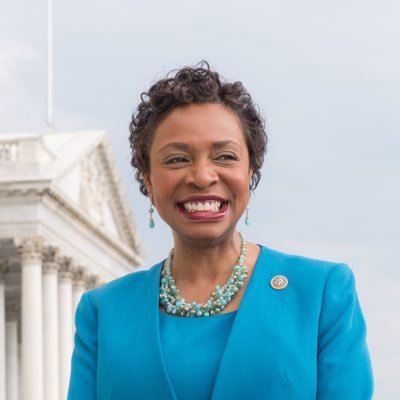

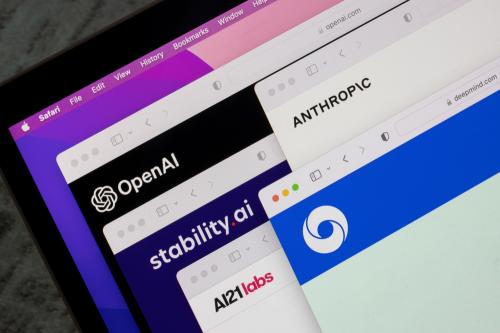

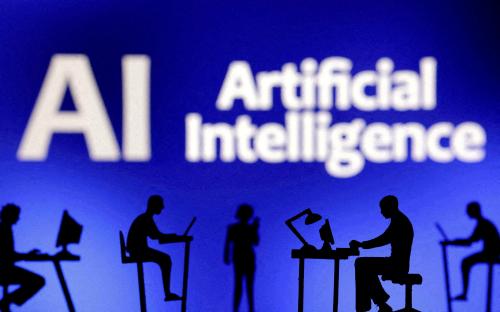
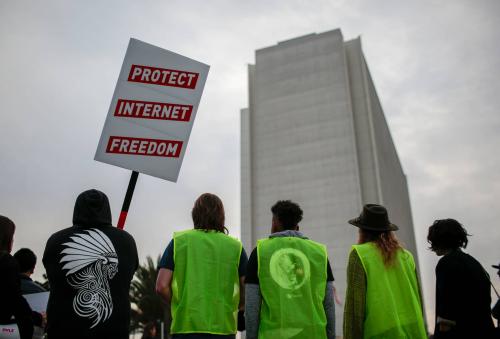
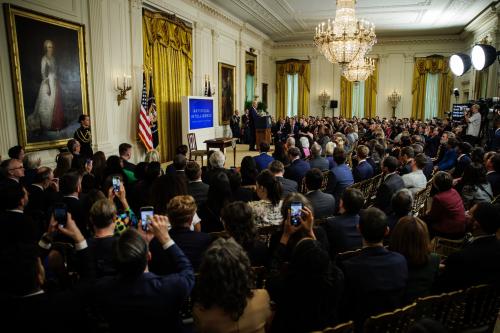
Commentary
PodcastA conversation with Congresswoman Yvette Clarke (D-NY) on AI accountability and election integrity | The TechTank Podcast
October 23, 2023